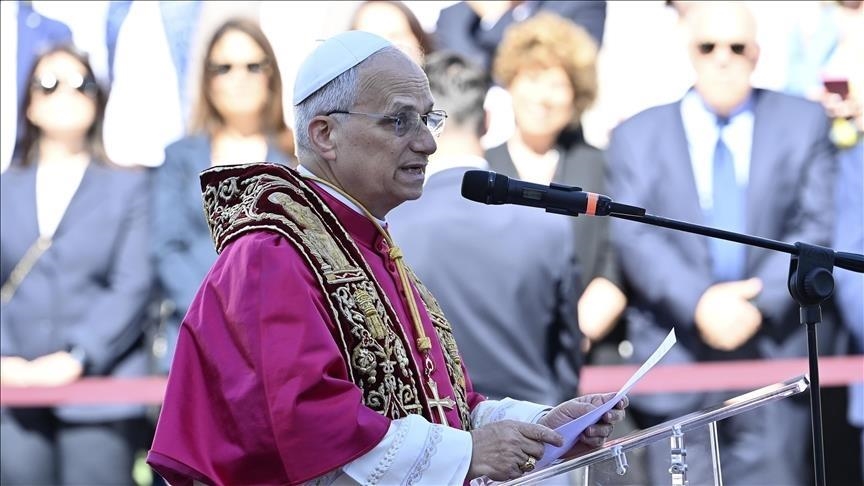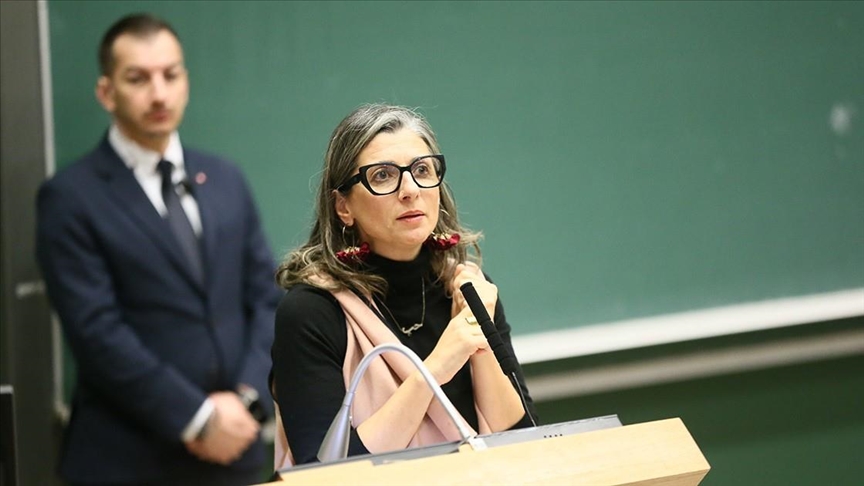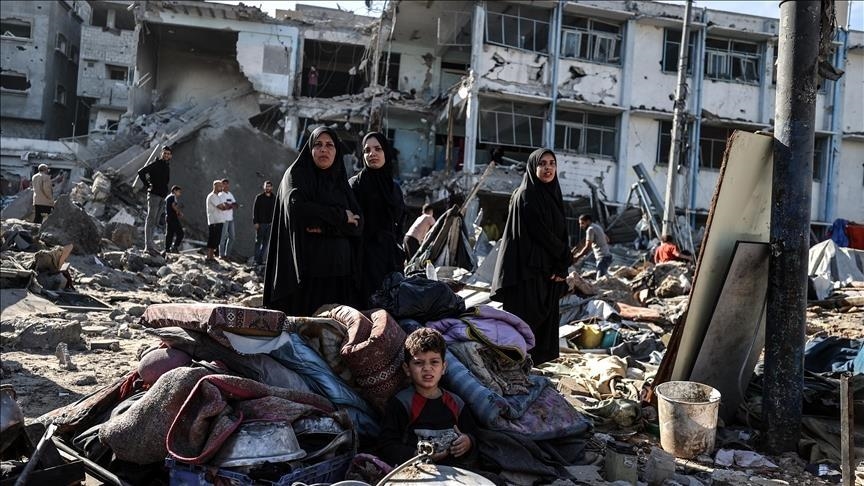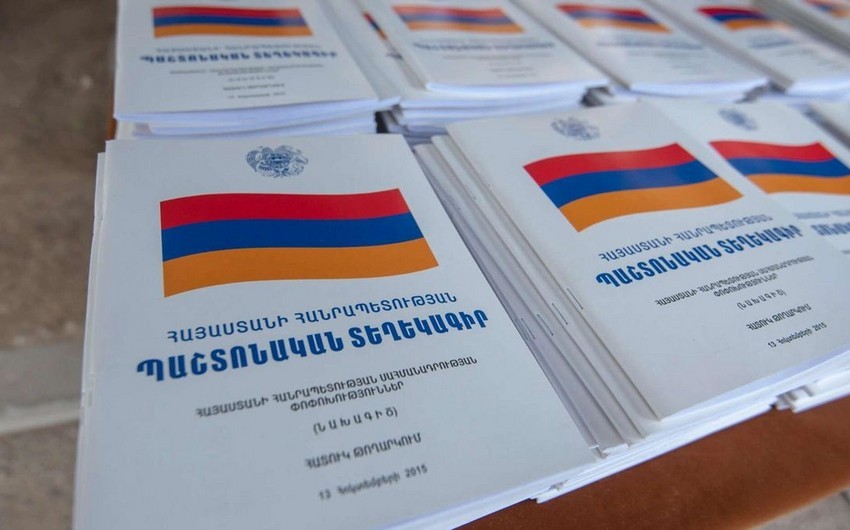EDnews reports that this significant day is part of the United Nations system of international days and was first celebrated in 2002 and was established by the UN General Assembly in 2017 to highlight the importance of creative solutions to problems related to achieving the Sustainable Development Goals.
The UN statement says: "There may be no universal definition of creativity. The concept is open to interpretation, from artistic expression to problem-solving in the context of economic, social and sustainable development. Therefore, the United Nations has established April 21 as World Creativity and Innovation Day to raise awareness of the role of creativity and innovation in all aspects of human development."
The statement notes that creativity helps to build a synthesis of the rich cultures of humanity, as well as supports social and economic development. The UN Educational, Scientific and Cultural Organization has been helping countries strengthen creative industries and promote artistic freedom since the 2005 Convention. There is no single definition of the creative economy. It is an evolving concept built on the interplay between human creativity and ideas, as well as intellectual property.
The creative industries, which include audiovisual products, design, new media, performing arts, publishing and fine arts, are a highly transformative sector of the world economy in terms of income generation, job creation and export earnings. Culture is an essential component of sustainable development and represents a source of innovation and creativity for individuals and society. At the same time, creativity and culture have significant non-financial value, contributing to inclusive social development, dialogue and understanding between peoples. Today, the creative industries are one of the most dynamic sectors of the world economy and are creating new opportunities for developing countries to enter the lucrative sectors of the world economy.
Culture and creativity account for 3.1 percent of global Gross Domestic Product and 6.2 percent of all employment. Exports of cultural goods and services have doubled since 2005, reaching $389.1 billion in 2019. UNESCO’s “Reshaping Policies for Creativity Addressing Culture as a Global Public Good” initiative provides new data that sheds light on emerging global trends and provides policy recommendations that contribute to the development of the creative ecosystem and the development of the creative ecosystem20.
In this area, a virtual platform called “Creative Azerbaijan” has been created in our country. The main goal of the platform is to bring together talented and highly qualified individuals working in the public and private sectors and organize online discussions on topical issues.
Madina Mammadova\\EDnews










